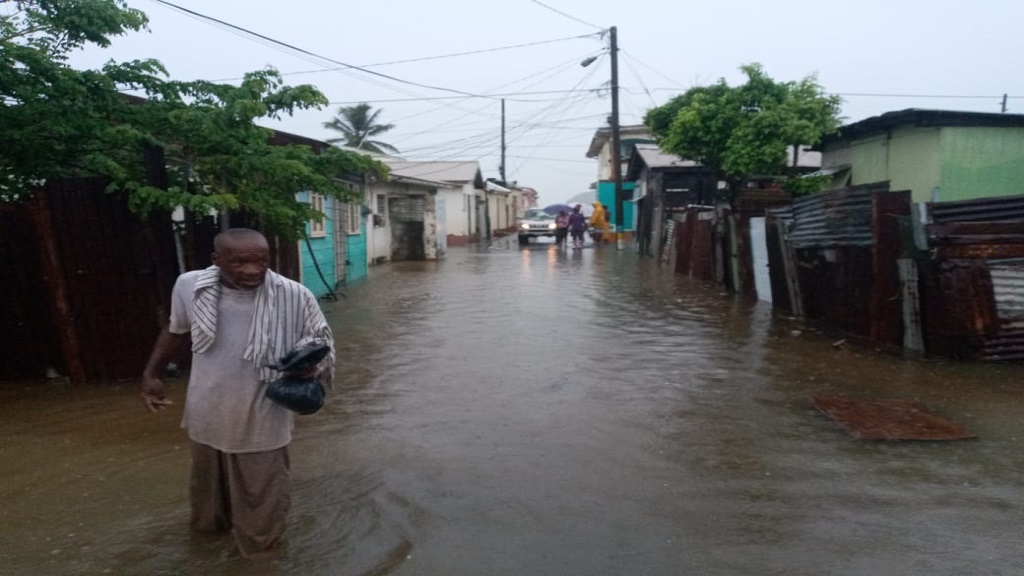

There are a number of reasons why some people may not take climate change seriously. Here are a few possible factors:
1. Lack of understanding: Some people may not fully understand the science of climate change or the potential impacts it could have. This can lead to scepticism or denial.
2. Political polarization: Climate change has become a politically charged issue in many countries, with some people rejecting the idea of climate change simply because it is associated with a particular political ideology.
3. Economic interests: Some industries, such as fossil fuel companies, have a vested interest in downplaying the seriousness of climate change, as it could negatively impact their profits.
4. Short-term thinking: Climate change is a long-term, gradual process, which can make it difficult for people to prioritize it over more immediate concerns.
5. Psychological factors: Some people may find the idea of climate change overwhelming or frightening, and may engage in denial or avoidance as a coping mechanism.
It's worth noting that while there may be various reasons why some people don't take climate change seriously, the overwhelming majority of climate scientists agree that human-caused climate change is real and poses a significant threat to our planet and our way of life.
Yes, human-caused climate change is widely recognized as a serious threat to the planet and its inhabitants. The scientific consensus is that human activities, such as burning fossil fuels, deforestation, and agriculture, have significantly increased the concentration of greenhouse gases in the atmosphere, leading to global warming and climate change.
The consequences of climate change are already being felt around the world, including rising sea levels, more frequent and severe heatwaves, droughts, floods, and storms, as well as changes in the timing and distribution of seasons and weather patterns. These changes can have significant impacts on human health, food security, water resources, and ecosystems, and can exacerbate existing social and economic inequalities.
Reducing greenhouse gas emissions and adapting to the impacts of climate change are crucial to mitigate the risks and protecting the planet and its inhabitants. Many countries and organizations are taking action to address climate change through mitigation and adaptation measures, such as transitioning to renewable energy, improving energy efficiency, promoting sustainable land use practices, and investing in climate-resilient infrastructure.







 0°C
0°C






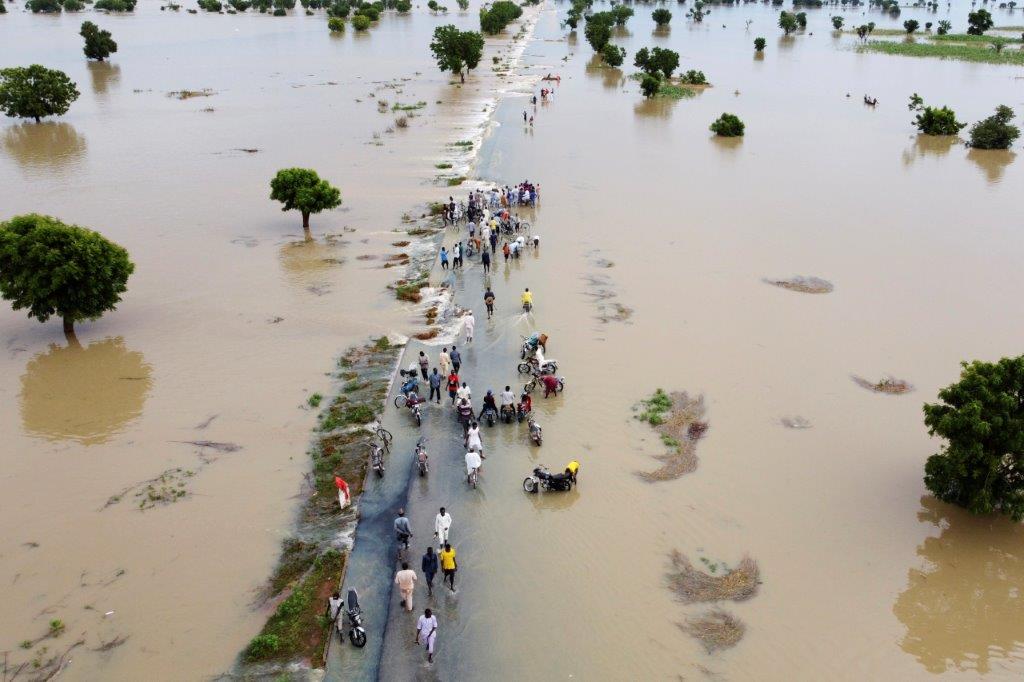
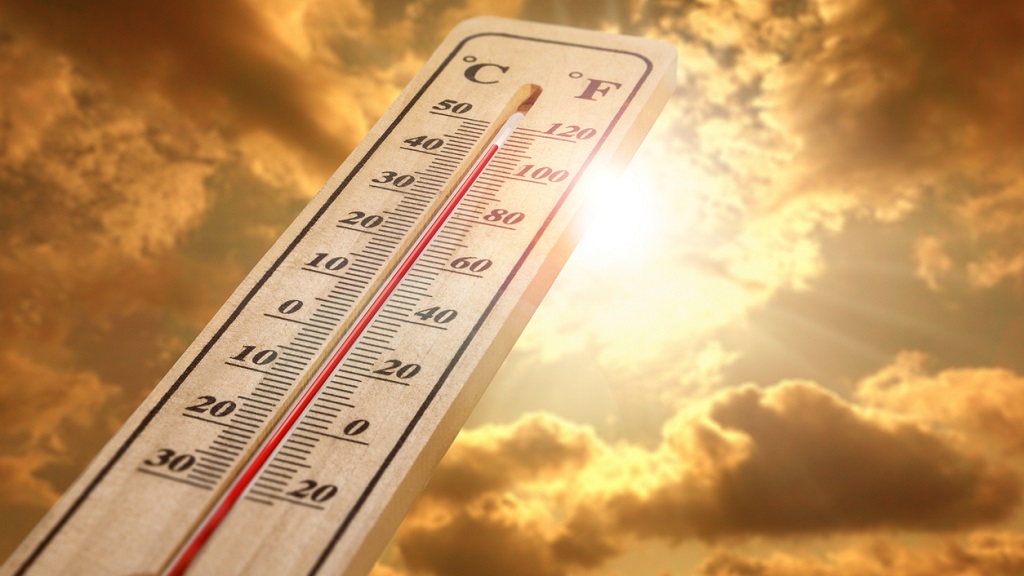

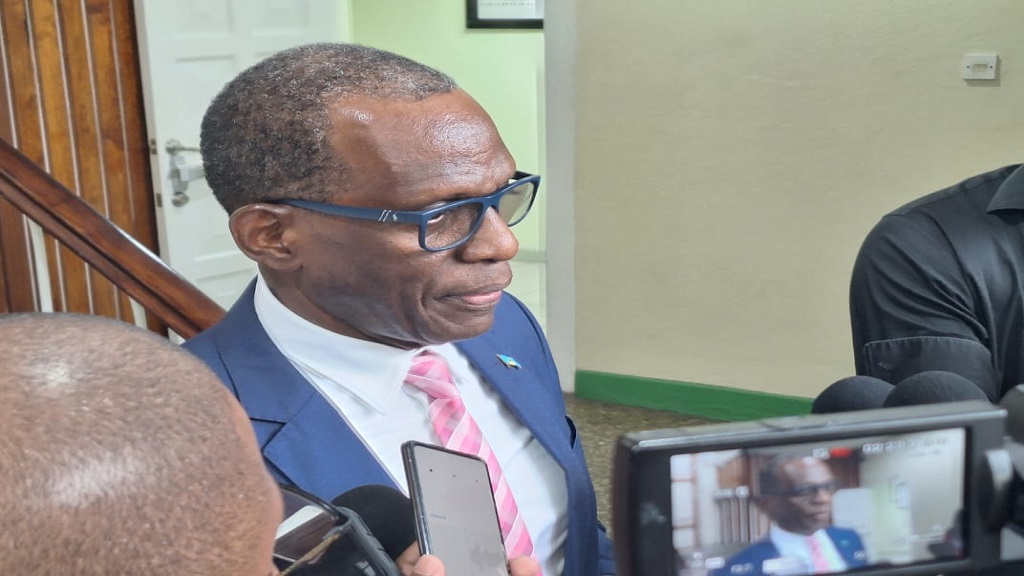
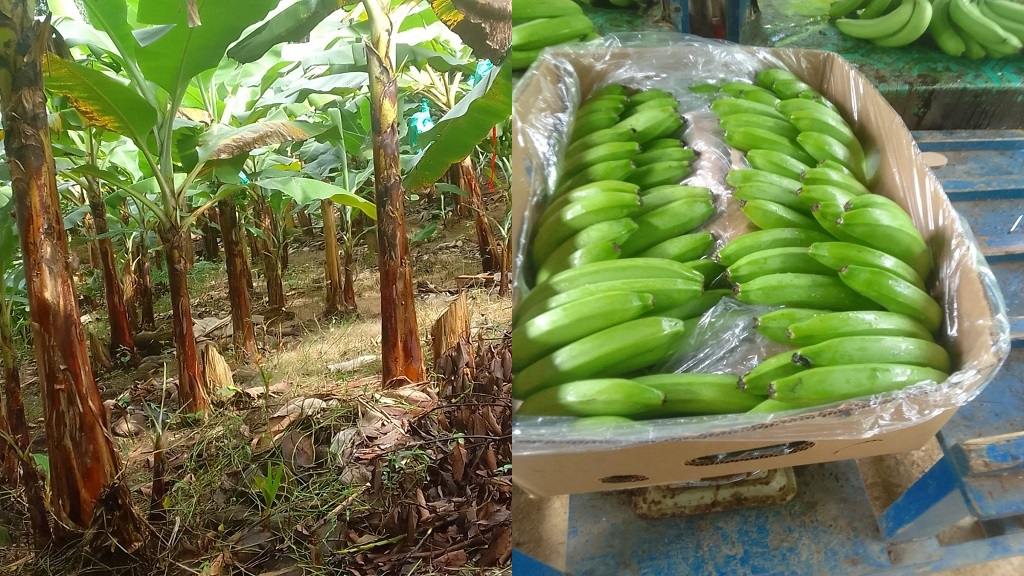

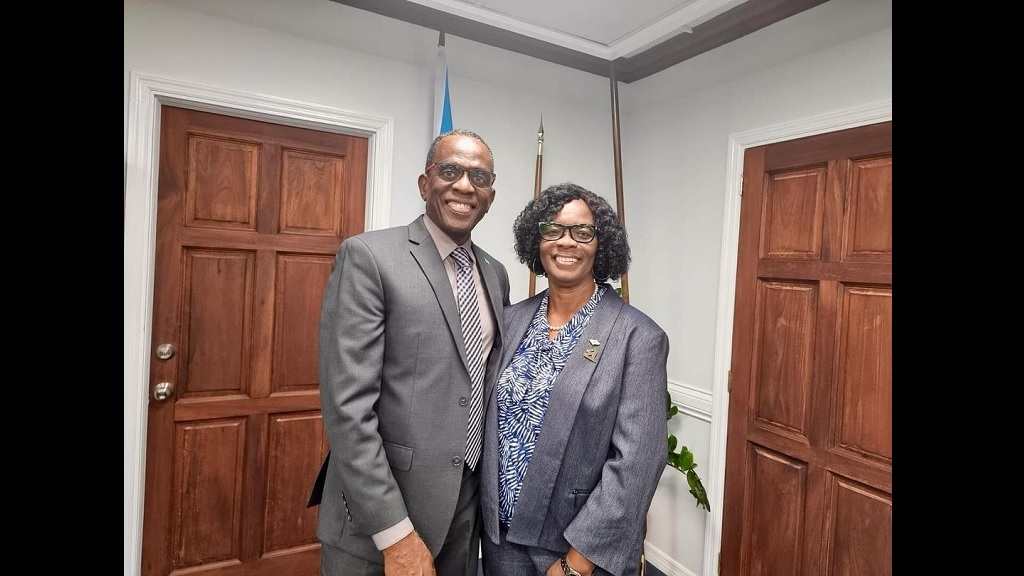

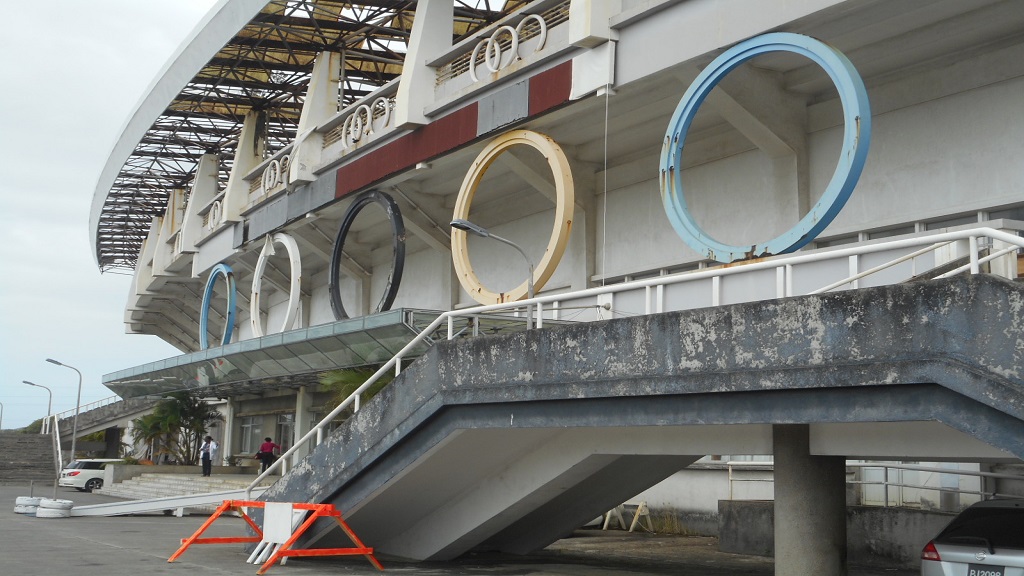



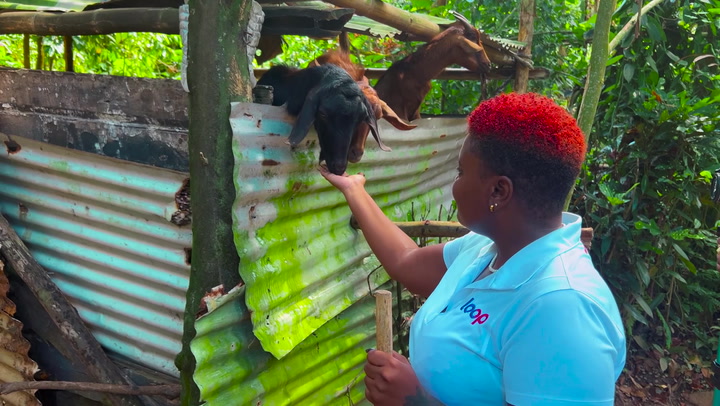



 Facebook
Facebook
 Twitter
Twitter
 Instagram
Instagram